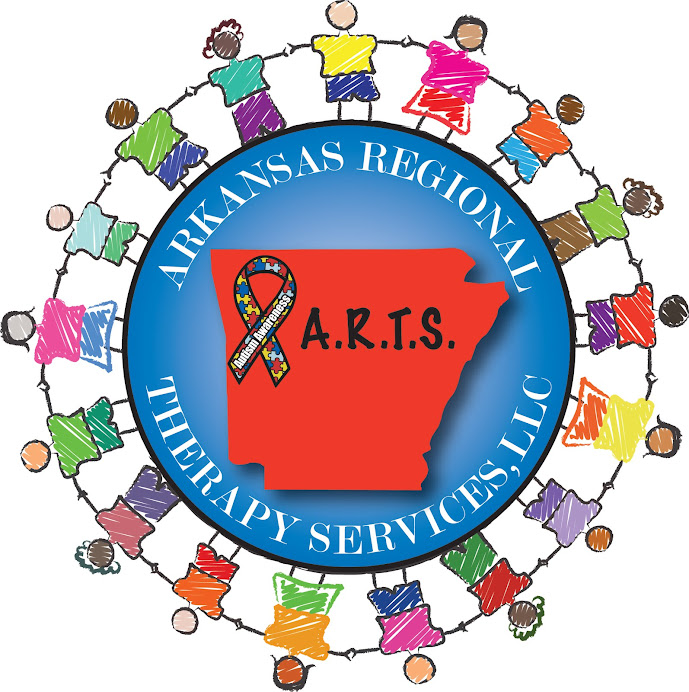As a Speech Language Pathologist, my ears are always
listening to the speech patterns of those around me. You know how you can smell coffee around you
and it makes you want a cup? Sometimes I
hear a speech impairment or notice a language delay and it makes me want to
intervene right then and there! However, I would never offer unsolicited
advice.
Most of my friends with concerns will say to me, “My child just doesn’t sound like his/ her friends.” OR “My child has this friend in his class that no
one can understand.” Teachers often approach me
with the same type issues. They will
want me to listen or talk to a child and determine if they need therapy. This can be tricky because whether or
not therapy is necessary depends on so many factors.
For example, if I listen to a child and I hear a distorted /r/ or /s/ and they are 15 years old, I know
in my mind they need therapy and would qualify for therapy. However, if they are just 4 or 5, or even 6,
my judgment call is a little different.
At those ages, we would look at
stimulability of sounds and if the parent wants to pursue out of pocket
expenses for therapy.
The child most likely would not qualify for therapy, depending on the particular sounds in error and the
amount of sounds in error. Some parents
prefer early intervention
to hopefully avoid their child being pulled out for therapy once they are of
school age.
Some parents/friends will also say to me that their child’s
speech sounds immature. Some examples of
this would be some of the cute errors we here like the substitution of /w/ for
/r/ (wabbit for rabbit) or saying things like “him hurt me” versus “he hurt me.” All of these
examples would be assessed
based on age norms. There are so many
norms out there and it is impossible to have them all memorized.
Another area of concern is language and social
language. Depending on age and
developmental norms some examples
of areas of concern are : following directions, written language
(responding to writing prompts or getting their thoughts out on paper), and problems
following verbal directions. Social
language, also known as pragmatics, can definitely affect a child’s relationship with
their peers and is very easily addressed in a group
setting in therapy. Some children can
seem very ‘black and white’ and display behavior issues revolving around their
sense of understanding. Sometimes
children will misinterpret social cues or have social skills that may seem
awkward to other such as: constantly blurting
out in the classroom, having a hard time with transitions, saying ‘exactly’ what is on their mind,
and being overall rude. They may not participate
easily in games or be a sore loser. These
are all things that can be addressed in therapy. I
always recommend, to be on the safe side and proactive, to have your child evaluated by a Speech
Language Pathologist regarding any
issues of concern.



